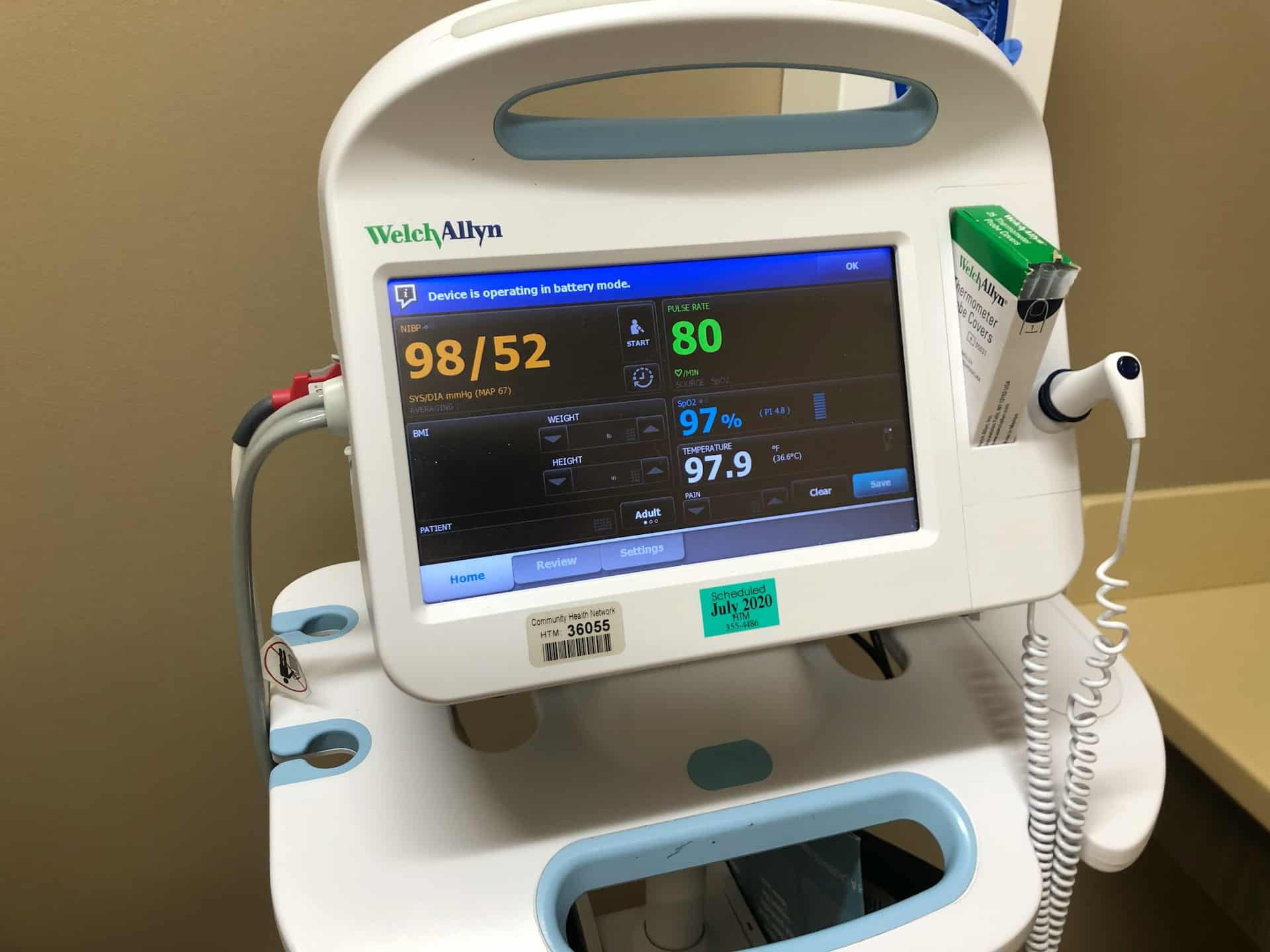A biomedical engineer faces several challenges when speaking in public, as a medical engineer is not only responsible for developing medical devices and technologies, but also for clearly conveying their ideas to doctors, investors, patients, and even fellow engineers, public speaking being a crucial skill for any medical engineer who aspires to succeed in their field—whether presenting a research project or explaining how a new medical device works. In this article, we will discuss practical tips that help biomedical engineers enhance their public speaking skills while taking into account the technical and scientific aspects that characterize this field.
Key Public Speaking Skills for Biomedical Engineers
Public speaking is a crucial skill for biomedical engineers, whether they are presenting their research, pitching ideas, or communicating with diverse audiences. However, many biomedical engineers may feel anxious, unprepared, or unsure about how to deliver effective presentations. Here are some practical tips and strategies to enhance your public speaking skills as a biomedical engineer.

1- Understand Your Audience Well
One of the most important secrets to successful public speaking is knowing who you are addressing, as biomedical engineers often speak to diverse audiences that may range from surgeons who need to understand how to use a particular device, to investors looking for investment opportunities, and researchers interested in R&D. Therefore, before any presentation, get to know your audience—are they experts in the field or non-technical individuals? Adjust the level of detail and technical terminology according to their knowledge; for example, when speaking to doctors, focus on the clinical benefits of the device, whereas with investors, emphasize the commercial aspects and financial returns.
2-Simplify Complex Information
Biomedical engineering is a field full of scientific terminology and complex data. When speaking in public, you should not overwhelm your audience with information that is difficult to understand. Use analogies and stories to make technical concepts easier to grasp; for instance, if you are explaining how a pacemaker works, you can compare it to a small battery that delivers electrical pulses to help the heart beat regularly. This approach makes the information clearer, especially if the audience is not specialized.
3- Use Body Language and Eye Contact
Effective communication relies not only on words but also on body language. When speaking, stand confidently and avoid putting your hands in your pockets or showing signs of nervousness. Make direct eye contact with your audience, as this enhances your credibility and keeps them more engaged. If you are presenting in front of investors, your body language should reflect enthusiasm and professionalism; whereas if you are explaining an experience to engineering students, you can use hand gestures to clarify the concepts.
4- Practice Your Presentation in Advance
Practice is the key to mastering public speaking. Do not leave things to chance; rehearse your presentation several times before the scheduled time. You can record yourself on video to review your performance and speaking quality, or present in front of friends or colleagues to get their feedback. Training not only boosts your confidence during the presentation but also helps reduce anxiety and manage any unexpected mistakes that may occur.
5- Focus on a Professional Visual Presentation
In the field of biomedical engineering, presentations often require the use of charts, illustrative images, and even 3D models. Ensure that your presentation contains clear and simple slides that are not overloaded with information and include visual elements that support your message rather than replace it. Avoid putting large amounts of text on each slide; instead, use key bullet points supported by images and graphics—for example, when explaining how an MRI machine works, you can display an image of the device along with a brief explanation next to it.
6- Handle Questions with Confidence
After any presentation, it is expected that the audience will ask questions. Do not be afraid of this; rather, consider it an opportunity to demonstrate your knowledge and ability to interact. Listen carefully to each question before responding, and do not rush your answer. If you encounter a question to which you do not know the answer, do not try to provide an uncertain response; instead, you can say: “That is an excellent question, and I will look into it and get back to you later.” This approach makes you appear more professional rather than unprepared.
7- Control Your Nerves
Nervousness is natural when speaking in public, but it should not control you. Use deep breathing and relaxation techniques before stepping on stage or speaking in front of colleagues. Regular practice also makes you more confident and reduces the likelihood of excessive nervousness. Try to visualize a successful presentation, as this helps calm your nerves and increase your focus.
8- Relate Your Talk to Real-Life Experiences
One of the most effective ways to capture your audience’s attention is to connect your talk to a personal experience or a real medical case. If you are explaining a medical device you developed, share the story of a patient who benefited from it. This method makes your talk more impactful and convincing, especially when dealing with investors or healthcare organizations. For example, if you are discussing a glucose monitoring sensor, you could mention the story of a patient who suffered from diabetes complications and how the device helped improve their quality of life.
9- Learn from the Experts
Observe other engineers who are successful in public speaking, whether they are speakers at scientific conferences or entrepreneurs in the medical technology field. Study their style, the way they present, and how they interact with the audience, as this can provide many ideas to enhance your own performance. You can also attend training courses in public speaking and presentation skills or even participate in specialized workshops on engineering project presentations.

Mastering public speaking is an essential skill for every medical engineer who wishes to succeed in their field. By understanding your audience, simplifying information, using effective body language, and continuous practice, you can deliver powerful and impactful presentations that enhance your professional influence. Do not be afraid to try new techniques and continually improve your skills with every opportunity to speak in public; over time and with practice, this skill will become a powerful tool that helps you achieve your professional goals as a biomedical engineer.
In conclusion If you are looking to make a transformative leap in your public speaking skills and enhance your presentation performance, HSI offers the ideal solutions! Contact us today to benefit from our specialized training courses and professional consulting services designed exclusively for biomedical engineers. Invest in yourself, begin your journey towards professionalism and excellence, and don’t miss the opportunity to be part of a community of experts who are always striving to learn and grow. Join HSI now and start changing the course of your professional life for the better!
Source: Professional & Executive Development | Harvard DCE

